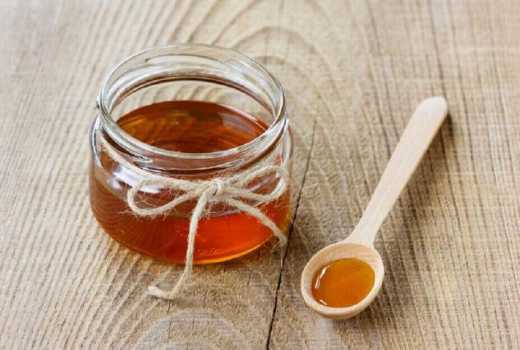×
The Standard e-Paper
Smart Minds Choose Us

Deep inside Makutano Forest in Kipkelion East constituency, bees buzz in and out of the 1,000 beehives belonging to the Ogiek community.
Besides conserving the forest from loggers who have destroyed neighbouring Soget forest, the bee keeping venture has for 10 years become a reliable source of income.